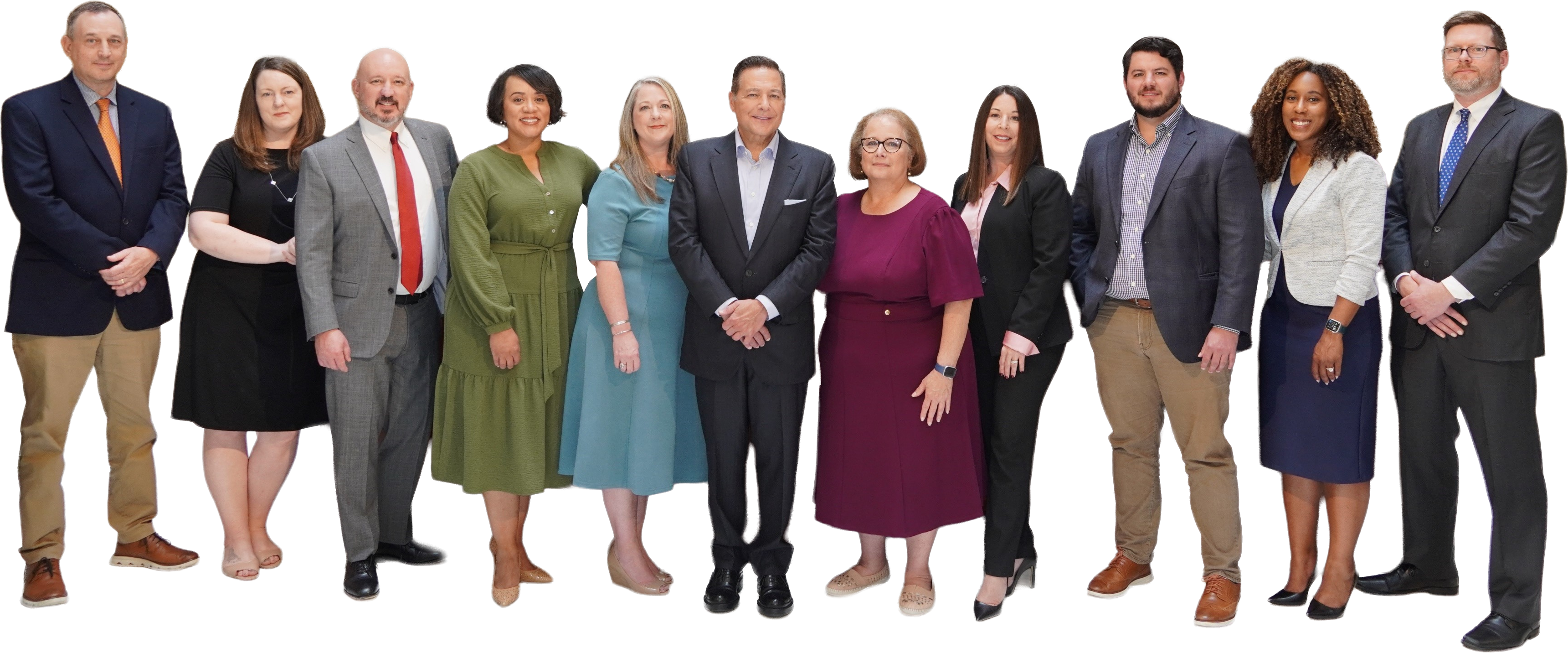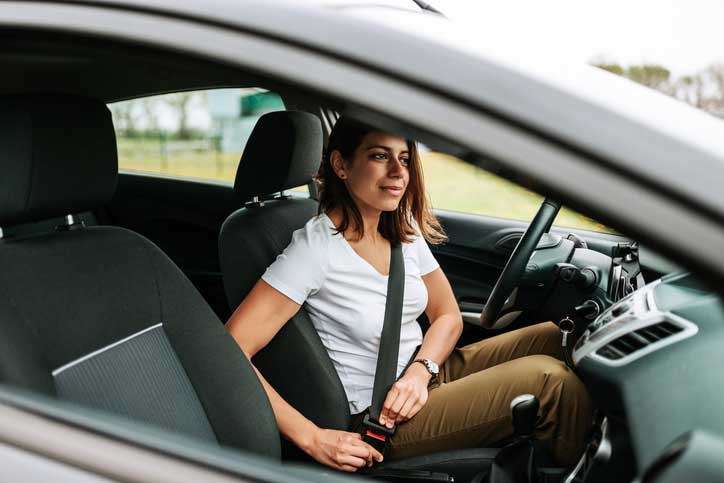In a car accident, liability is determined by investigating the crash to determine which factors caused or contributed to the wreck. One or more parties may be found liable, including one or more drivers, vehicle manufacturers, or even the government if road conditions played a role in the accident.
Various factors—including traffic laws, witness statements, and accident reports—are taken into account when determining liability in a car accident.
What may seem straightforward to your legal counsel can be disputed by the alleged at-fault party and their insurance company. This can make the process of determining liability even more challenging.
If you’ve been in a car accident and you’re unsure about the way liability will be determined in your case, it’s important to take action early. Reach out to a Charlotte car accident lawyer for advice, representation, and advocacy.
The Definition of Liability in a Car Accident
In a car accident case, liability refers to the party or parties who are legally responsible for causing the crash as well as any damages that result from the crash. Establishing liability is part of the legal process, and it precedes victims receiving compensation for their injuries.
In North Carolina, liability in a car accident is generally determined based on the principles of negligence. A negligent driver is defined as someone who fails to exercise reasonable care and causes harm to another person as a result of that failure.
For a free legal consultation, call (877) 333-1000
North Carolina’s Contributory Negligence Rule
A very important detail that must be considered when determining liability in a North Carolina car accident case is the state’s contributory negligence rule. Under this rule, an injured person is barred from recovering compensation for their injuries if they are partially at fault.
This means you cannot be compensated for the damages you sustained due to the collision if you are found to be even 1% at fault. The smallest degree of fault on your part can prevent you from recovering damages.
This is a strict standard that differs from many other states in the U.S. Due to North Carolina’s contributory negligence rule, lawyers need to establish liability in a car accident case and demonstrate that the other party was fully responsible for the accident.
The Process of Determining Liability in a Car Accident
Liability in a car accident is determined through a combination of legal principles, factual evidence, and the actions of the parties involved. Let’s take a look at some of the factors that are considered when determining who is responsible for a car accident.
Negligence is often a primary consideration when determining liability. To prove negligence, your attorney must show that the responsible party failed to act with reasonable care. They are also responsible for proving that these actions directly caused the accident and your injuries.
Here are common ways negligence results in collisions on the road:
- Operating a vehicle while distracted: Using a phone, eating while driving, or engaging in other distractions will take your full attention away from the road, making it more likely that you’ll get into a crash.
- Speeding: Driving above the speed limit or going too fast for road conditions can result in a collision.
- Driving while drunk: If you operate a vehicle while under the influence of alcohol or drugs, your judgment will not be intact, and you can end up colliding with other vehicles due to your impaired driving.
- Behaving recklessly on the road: Aggressive driving behavior—such as tailgating or weaving in and out of traffic—often results in car crashes.
- Failing to obey traffic laws: Running a red light, disregarding stop signs, or making unsafe lane changes are three examples of how failing to obey traffic laws can result in a collision.
However, negligence is not the only factor that is taken into consideration when establishing liability in a car crash. A car accident attorney in Charlotte will likely analyze the following information:
- Witness testimonies from those who saw the collision in real time
- Evidence collected from the scene of the accident
- Police reports detailing road conditions, traffic laws, and any citations
- Photos of the scene, including any damage to involved vehicles
- Surveillance footage that captured a video of the accident
- Black box data from vehicles involved in the crash
- The actions of each driver leading up to and during the collision
Click to contact our personal injury lawyers today
Reach Out to a Charlotte Car Accident Lawyer for More Information About How Liability Is Determined
Determining liability after a collision requires a careful investigation of the facts and a close look at the evidence surrounding the crash. By working with an experienced lawyer, you can ensure that your rights are protected as you work toward securing a favorable outcome in your case.
At DeMayo Law Offices, we prioritize the people we serve. With over 30 years of experience and more than $1 billion recovered for our clients, we have the experience it takes to determine liability in car accident cases. Contact our car accident lawyers today for more information.
Call or text (877) 333-1000 or complete a Free Case Evaluation form



